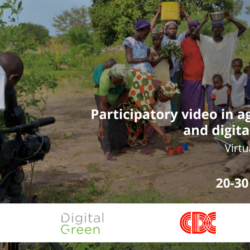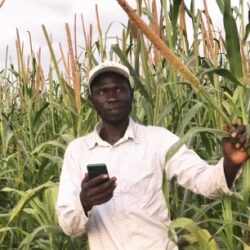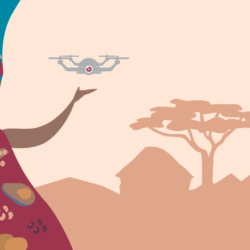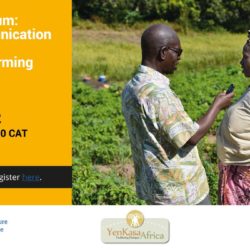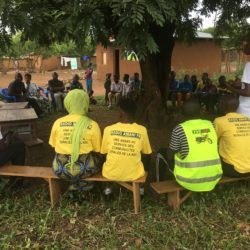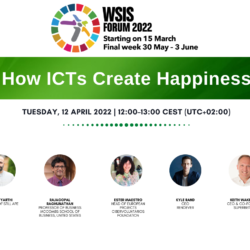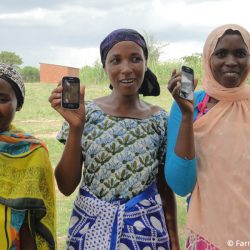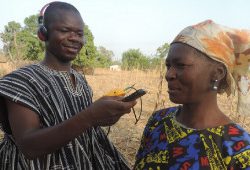FAO and YenKasa Africa participatory video training in agri-food systems and digital environments
In November 2023, the UN Food and Agriculture Organization (FAO) joined hands with several organizations to host a groundbreaking 5-day virtual training workshop on participatory video for Africa in November 2023. This event, attended by over 30 participants from different farmers’ organizations, academia, and advocacy groups, marked a significant step toward harnessing the potential of PV as a tool for sustainable development. Most of the participants came from countries with

